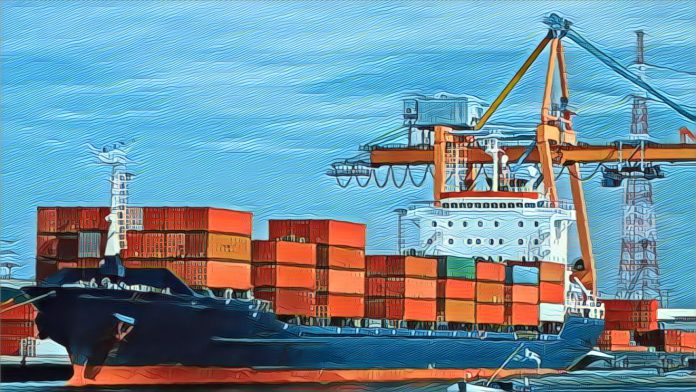In the third quarter of 2023, Nigeria witnessed a significant downturn in its economic indicators, with a marked decline in capital importation coupled with a decrease in road traffic accidents, according to the latest report from the National Bureau of Statistics (NBS).
The total capital importation into Nigeria in Q3 2023 was recorded at US$654.65 million, a sharp decline of 43.55 per cent from the US$1,159.67 million reported in the same quarter of the previous year. This downturn in capital inflow is a concerning indicator for the Nigerian economy, reflecting a potential decrease in investor confidence and economic activity.
This decrease is also noticeable when compared to the preceding quarter, where capital importation stood at US$1,030.21 million, marking a 36.45 per cent fall in Q3. The investment landscape in Nigeria saw other investments taking the lead, accounting for 77.56 per cent (US$507.77 million) of the total capital importation. This was followed by Portfolio Investment and Foreign Direct Investment (FDI), constituting 13.31 per cent and 9.13 per cent, respectively.
The production/manufacturing sector attracted the highest inflow of capital, amounting to US$279.51 million or 42.70 per cent of the total capital imported. The financing sector and shares followed, valued at US$127.93 million and US$85.49 million, respectively.
The geographical analysis of capital importation shows the Netherlands as the largest source, contributing US$175.62 million. Singapore and the United States followed with US$79.15 million and US$67.04 million, respectively.
In terms of destination, Lagos State remained the top recipient of capital importation with US$308.83 million, representing 47.18 per cent of the total, followed by Abuja (FCT) and Abia State. In the banking sector, Stanbic IBTC Bank Plc received the highest capital importation, followed by Citibank Nigeria Limited and Zenith Bank Plc.
On a different note, the NBS report also highlighted a significant reduction in road traffic crashes across the country. The total number of road traffic crashes in Q3 2023 was 2,187, a decrease of 26.29 per cent from the 2,967 recorded in the previous quarter and a 35.90 per cent decline from the 3,412 crashes in Q3 2022.
The severity of these crashes also saw a decline, with serious cases topping the list at 1,419. Fatal and minor cases followed with 532 and 236 incidents, respectively. All categories witnessed a decrease in comparison to the preceding quarter.
The report further detailed the human impact of these crashes, revealing that a total of 743 males were killed, accounting for 81.83 per cent of the 908 fatalities. Meanwhile, female fatalities stood at 18.17 per cent. Injuries were also predominantly male, with 4,625 males injured, forming 76.56 per cent of the total 6,041 injured persons. Females injured during this period accounted for 23.44 per cent.
Vehicle involvement in road traffic crashes also saw a decrease, with 3,371 vehicles involved in Q3 2023 compared to 4,615 in the previous quarter, indicating a 26.96 per cent reduction.
Geographically, the North-Central region recorded the highest number of crashes at 880, followed by the South-West with 600. The South-South region reported the fewest crashes with 107. In terms of casualties, the North-Central region again topped the list with 2,548 casualties, followed by the South-West and the South-South.
These findings present a mixed picture of Nigeria’s current challenges and progress. While the decline in capital importation raises concerns about the country’s economic health and its ability to attract foreign investments, the decrease in road traffic accidents suggests improvements in road safety measures and awareness.
The government, stakeholders, and policymakers are tasked with addressing these economic challenges while building on the progress made in road safety. The dual focus on economic revival and continued improvement in road safety will be crucial for Nigeria as it navigates the complexities of its development trajectory.



